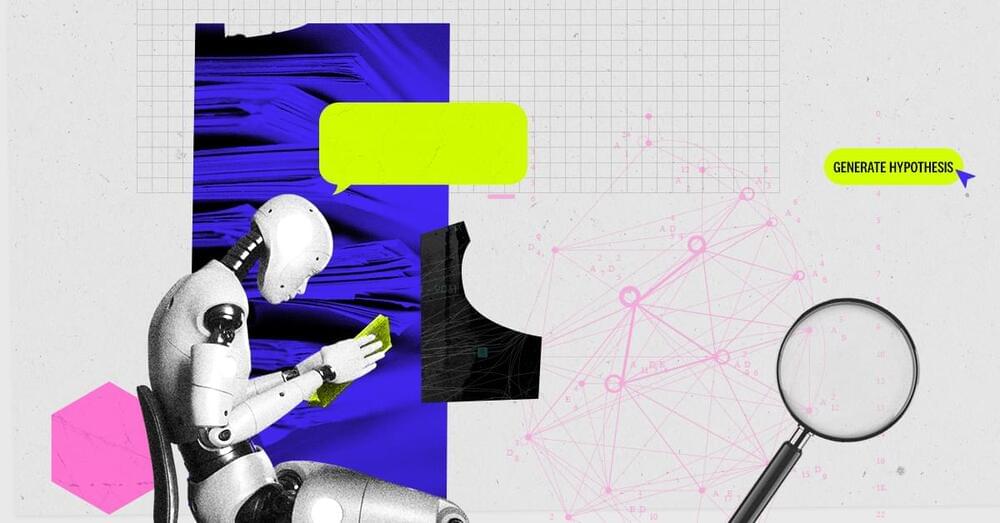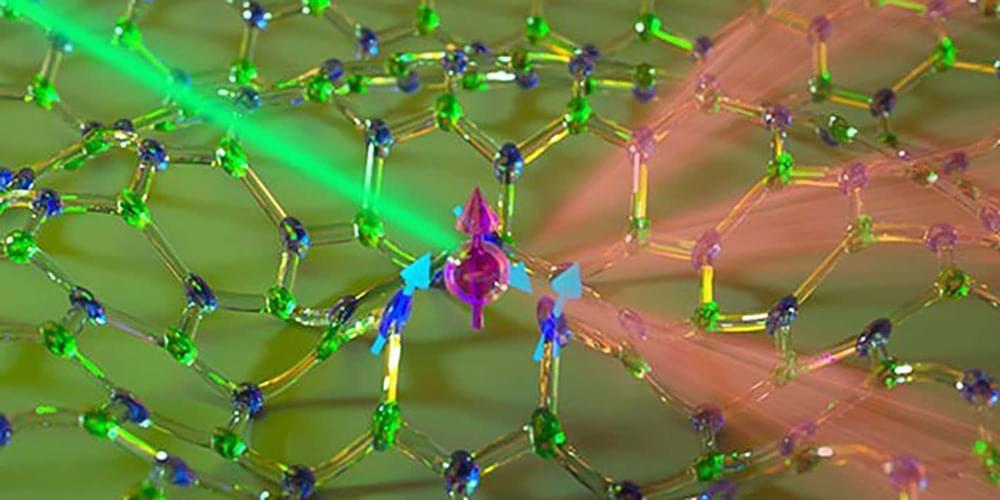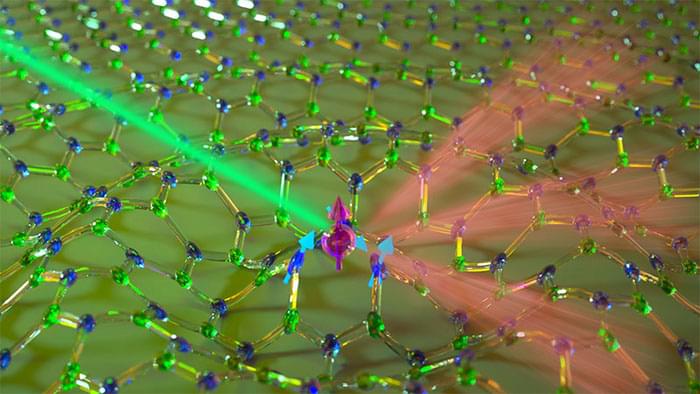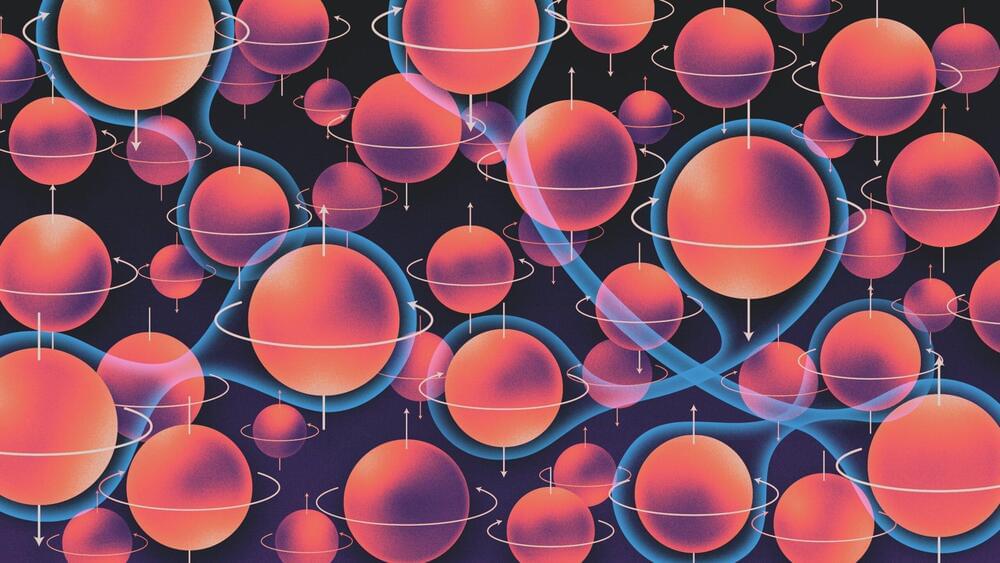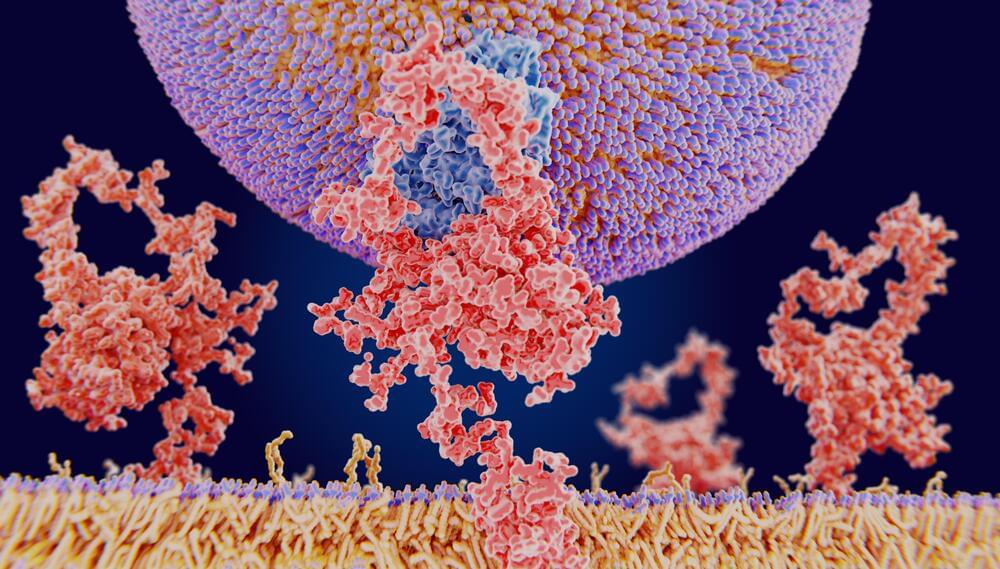Archive for the ‘science’ category: Page 42
Aug 19, 2022
How to Build a GPT-3 for Science
Posted by Jose Ruben Rodriguez Fuentes in categories: robotics/AI, science
A GPT-3-like AI model for science would accelerate innovation and improve reproducibility. Creating it will require us to unlock research.
Aug 16, 2022
A new frontier in quantum science and technology
Posted by Genevieve Klien in categories: quantum physics, science
Purdue University researchers have unlocked a new area of quantum science and technology by utilizing photons and electron spin qubits to regulate nuclear spins in a two-dimensional material. They used electron spin qubits as atomic-scale sensors to effect the first experimental control of nuclear spin qubits in ultrathin hexagonal boron nitride.
The study could lead to applications such as atomic-scale nuclear magnetic resonance spectroscopy. It could also allow reading and writing quantum information with nuclear spins in 2D materials.
Aug 16, 2022
2D array of electron and nuclear spin qubits opens new frontier in quantum science
Posted by Shubham Ghosh Roy in categories: quantum physics, science
As published in Nature Materials (“Nuclear spin polarization and control in hexagonal boron nitride”), the research team used electron spin qubits as atomic-scale sensors, and also to effect the first experimental control of nuclear spin qubits in ultrathin hexagonal boron nitride.
Researchers used light and electron spin qubits to control nuclear spin in a 2D material, opening a new frontier in quantum science and technology. (Image: Secondbay Studio)
Aug 5, 2022
Computer Science Proof Unveils Unexpected Form of Entanglement
Posted by Dan Breeden in categories: computing, quantum physics, science
Another version of the PCP theorem, not yet proved, specifically deals with the quantum case. Computer scientists suspect that the quantum PCP conjecture is true, and proving it would change our understanding of the complexity of quantum problems. It’s considered arguably the most important open problem in quantum computational complexity theory. But so far, it’s remained unreachable.
Nine years ago, two researchers identified an intermediate goal to help us get there. They came up with a simpler hypothesis, known as the “no low-energy trivial state” (NLTS) conjecture, which would have to be true if the quantum PCP conjecture is true. Proving it wouldn’t necessarily make it any easier to prove the quantum PCP conjecture, but it would resolve some of its most intriguing questions.
Then in June of 2022, in a paper posted to the scientific preprint site arxiv.org, three computer scientists proved the NLTS conjecture. The result has striking implications for computer science and quantum physics.
Jul 29, 2022
NOTHING: The Science of Emptiness
Posted by Dan Breeden in categories: cosmology, particle physics, science
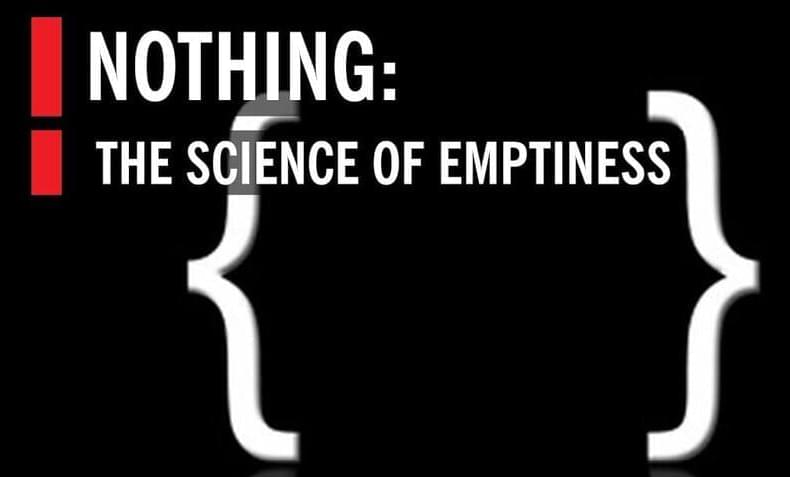
Why is there something rather than nothing? And what does ‘nothing’ really mean? More than a philosophical musing, understanding nothing may be the key to unlocking deep mysteries of the universe, from dark energy to why particles have mass. Journalist John Hockenberry hosts Nobel laureate Frank Wilczek, esteemed cosmologist John Barrow, and leading physicists Paul Davies and George Ellis as they explore physics, philosophy and the nothing they share.
This program is part of the Big Ideas Series, made possible with support from the John Templeton Foundation.
Jul 29, 2022
Does Superdeterminism save Quantum Mechanics? Or does it kill free will and destroy science?
Posted by Dan Breeden in categories: mathematics, neuroscience, quantum physics, science
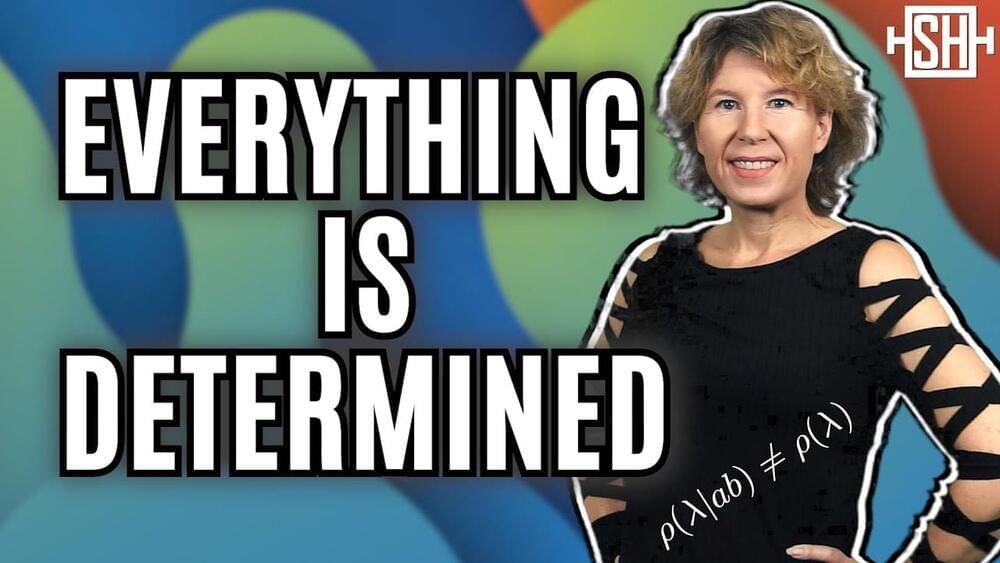
Check out the math & physics courses that I mentioned (many of which are free!) and support this channel by going to https://brilliant.org/Sabine/ where you can create your Brilliant account. The first 200 will get 20% off the annual premium subscription.
This is a video I have promised you almost two years ago: How does superdeterminism make sense of quantum mechanics? It’s taken me a long time to finish this because I have tried to understand why people dislike the idea that everything is predetermined so much. I hope that in this video I have addressed the biggest misconceptions. I genuinely think that discarding superdeterminism unthinkingly is the major reason that research in the foundations of physics is stuck.
Jul 29, 2022
AI visualises every protein known to science
Posted by Future Timeline in categories: robotics/AI, science
DeepMind’s AlphaFold has uncovered the structures of more than 200 million proteins, essentially all of those known to science.
Jul 29, 2022
DeepMind’s AI has now catalogued every protein known to science
Posted by Shubham Ghosh Roy in categories: alien life, health, information science, robotics/AI, science
In late 2020, Alphabet’s DeepMind division unveiled its novel protein fold prediction algorithm, AlphaFold, and helped solve a scientific quandary that had stumped researchers for half a century. In the year since its beta release, half a million scientists from around the world have accessed the AI system’s results and cited them in their own studies more than 4,000 times. On Thursday, DeepMind announced that it is increasing that access even further by radically expanding its publicly-available AlphaFold Protein Structure Database (AlphaFoldDB) — from 1 million entries to 200 million entries.
Alphabet partnered with EMBL’s European Bioinformatics Institute (EMBL-EBI) for this undertaking, which covers proteins from across the kingdoms of life — animal, plant, fungi, bacteria and others. The results can be viewed on the UniProt, Ensembl, and OpenTargets websites or downloaded individually via GitHub, “for the human proteome and for the proteomes of 47 other key organisms important in research and global health,” per the AlphaFold website.
“AlphaFold is the singular and momentous advance in life science that demonstrates the power of AI,” Eric Topol, Founder and Director of the Scripps Research Translational Institute, siad in a press statement Thursday. “Determining the 3D structure of a protein used to take many months or years, it now takes seconds. AlphaFold has already accelerated and enabled massive discoveries, including cracking the structure of the nuclear pore complex. And with this new addition of structures illuminating nearly the entire protein universe, we can expect more biological mysteries to be solved each day.”

